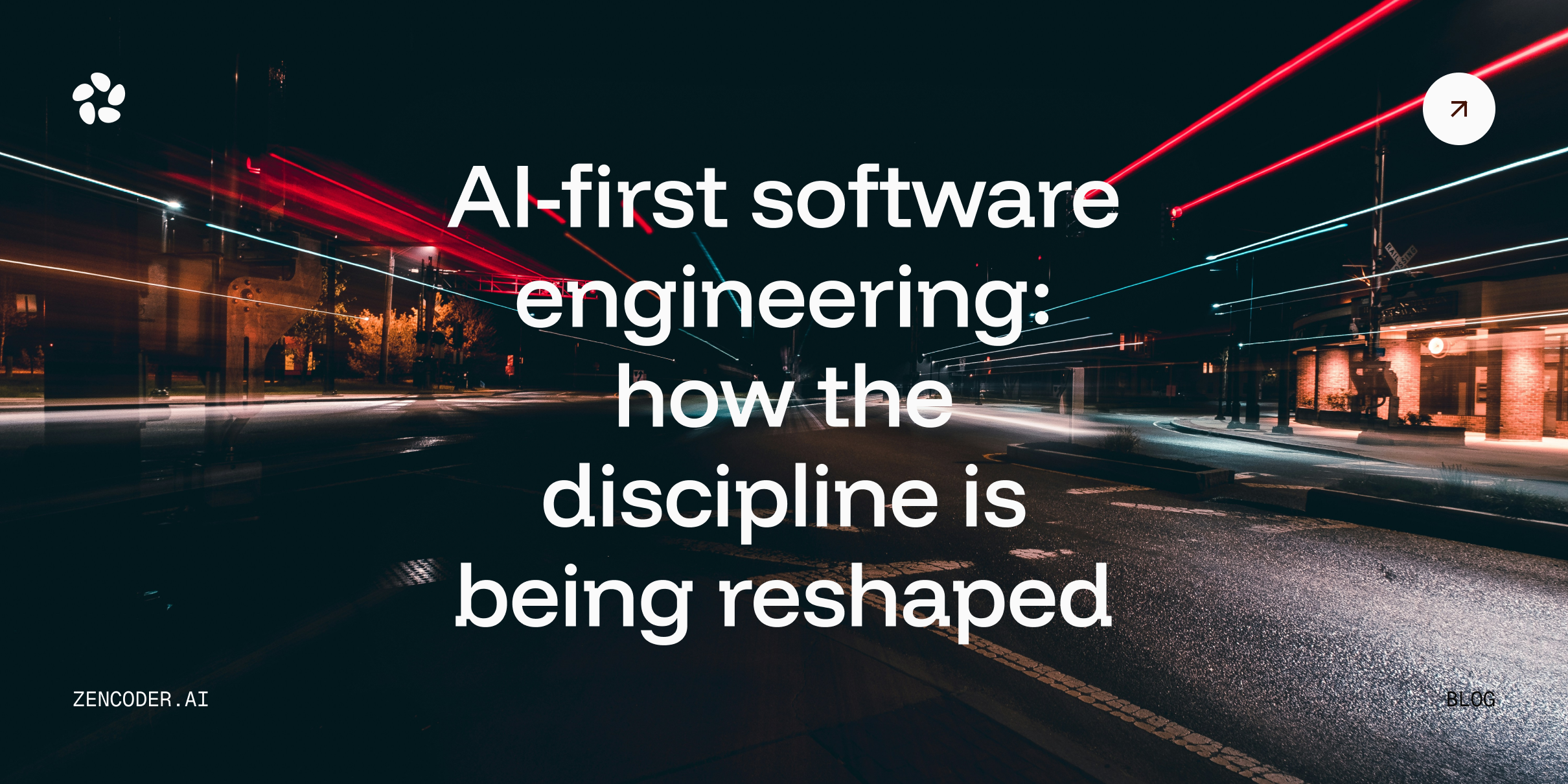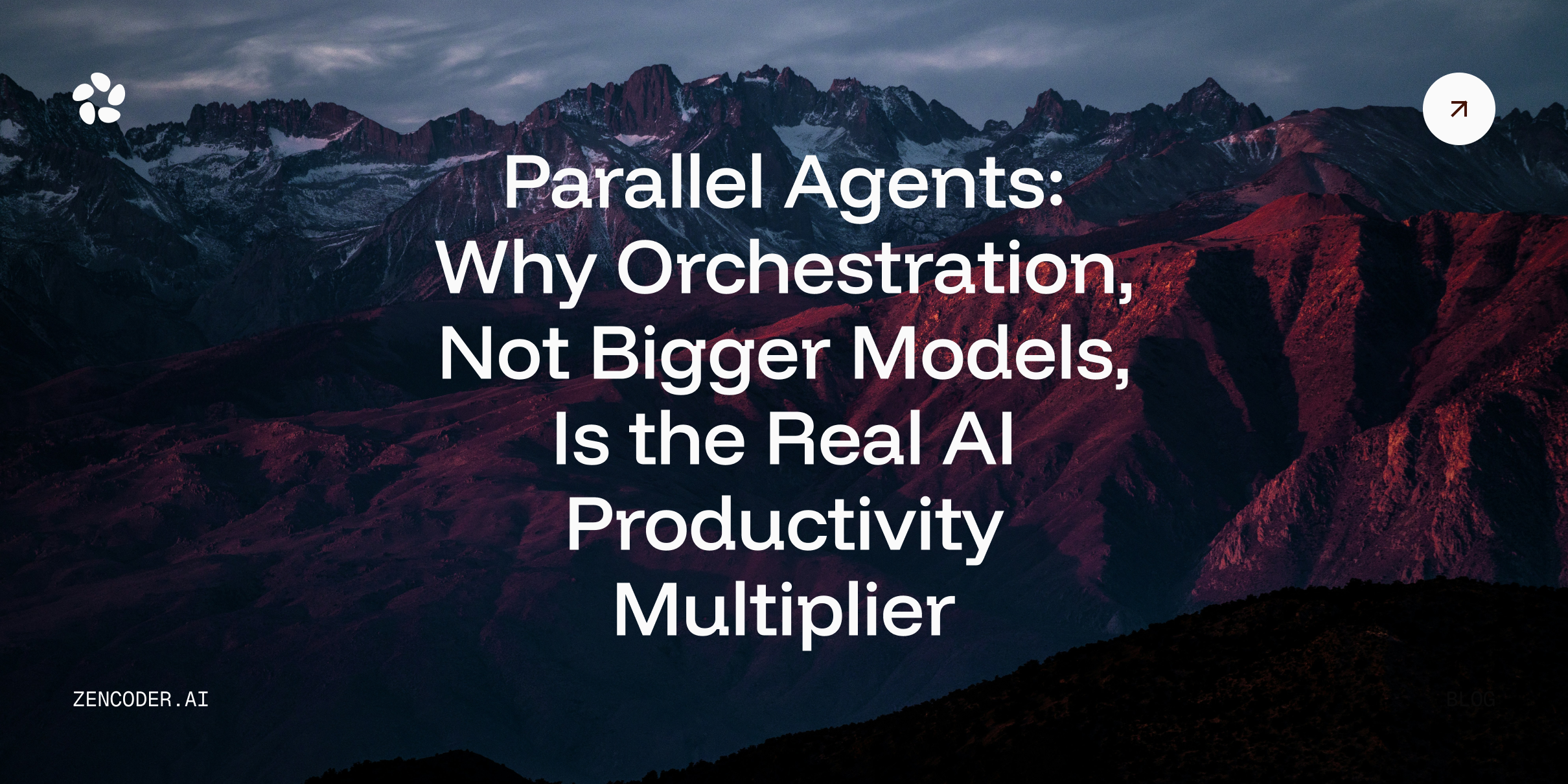The Market Landscape
More Than Just a Trend
First things first: NLP isn't just another tech buzzword. According to MarketsandMarkets, the global NLP market is set to skyrocket from a respectable $18.9 billion in 2023 to a jaw-dropping $68.1 billion by 2028. That's growing at a compound annual growth rate (CAGR) of 29.3%! I think thats a highly conservative estimate.
According to Gartner, 70% of organizations are expected to adopt NLP for various business processes, including software development, within the next three years.
This substantial growth reflects the increasing adoption of NLP technologies across various sectors, with software development being a key beneficiary. From healthcare to finance, and yes, especially in software development, NLP is proving to be a game-changer.
Developers typically spend 75% of their time reading and understanding existing code - a statistic that NLP-powered tools are actively changing. GitHub's Copilot, for instance, has already amassed over 1.8 million users according to Microsoft and is helping them by significantly speeding up code completion and reducing repetitive tasks.
But wait, there's more! NLP isn't just about generating code - it's bringing seismic movement to the entire development ecosystem. Imagine a world where your bug reports write themselves (well, almost). And let's not forget about the coding newbies - tools like ChatGPT are turning "Hello World" into "Hello, I just built a full-stack app!" faster than you can Google "how to center a div." With the global NLP market expected to reach $43.3 billion by 2025, it's clear that this tech is here to stay, transforming lines of code into conversations and making developers' lives easier, one natural language query at a time.
Service Segment Dominance
For every major technology shift, services always take the front seat in terms of establishing the key use cases that can then be further productized by organizations. Similarly, this trend is going to take shape for NLP as well. The services segment is expected to experience the highest CAGR during the forecast period between 2023 and 2028. Managed and professional services are essential for implementing and maintaining NLP solutions effectively. Major companies such as Microsoft, IBM, and SAS Institute are leading the way by offering platforms that integrate NLP technologies. For instance, AWS provides Amazon Comprehend, a machine learning service that performs key phrase extraction and language identification, supporting various AWS applications with features like sentiment analysis and tokenization.
Cloud Deployment
Cloud-based NLP solutions are anticipated to dominate the market due to their benefits, including easy availability, scalability, reduced operational costs, and hassle-free deployment. Organizations are increasingly migrating to cloud platforms, which offer flexibility and real-time deployment for business operations. Hyperscalers likeMicrosoft, AWS, IBM and Google are at the forefront of providing robust cloud-based NLP solutions.
Natural Language Processing in AI Code Generation
At its core, NLP in AI code generation acts as an interpreter between human ideas and machine-executable code. It's bridging the gap between our creative, sometimes messy human ideas and the precise, structured world of code.
Imagine telling your computer, "Hey, I need a function that calculates the average of a list of numbers," and having it spit out perfectly formatted code. It's not science fiction anymore; it's becoming our reality. This capability is transforming how we approach problem-solving in software development.
But NLP in code generation goes beyond just understanding commands. It's about grasping context, intent, and even style. Advanced AI code generators can analyze existing codebases to understand the preferred coding style and conventions of a team or project.
Let's break down how NLP is revolutionizing different aspects of coding:
1. Code Synthesis
Code synthesis is where NLP really flexes its muscles. Tools like OpenAI's Codex, the brains behind GitHub Copilot, can generate entire code snippets from natural language descriptions.
Studies have shown that developers using these tools can achieve a 1.15x higher completion rate and 1.8x better performance scores for code-writing tasks. That's not just a marginal improvement; it's a leap forward in productivity.
2. Code Completion
We've all experienced that moment when we're typing, and our phone suggests the next word. Now, picture the same happening for code. AI-powered code completion tools like IntelliCode and TabNine use NLP to predict and suggest the next lines of code as you type.
While it might not significantly reduce task completion time, developers find it incredibly useful for providing starting points and reducing the need for constant online searches.
3. Code Translation
Remember the Babel fish from "The Hitchhiker's Guide to the Galaxy"? NLP is becoming the Babel fish of programming languages. It can translate code from one language to another, making it a godsend for projects requiring interoperability between different systems.
This capability is particularly useful for modernizing legacy codebases. Need to modernize that dusty old COBOL code? NLP's got your back.
4. Code Security and Review
NLP and code security are becoming increasingly intertwined, with advanced models capable of detecting vulnerabilities and security flaws in source code, thereby enhancing overall software integrity. Leveraging NLP for debugging, analyzing code for potential errors, ensuring adherence to coding standards, and sniffing out security vulnerabilities can drastically improve code quality and maintainability.
By leveraging large language models (LLMs), these tools provide valuable feedback to developers, ensuring higher code quality and consistency across projects.
NLP Tools for Code Generation
Several NLP models and technologies are driving these advancements. Let's take a closer look at some of the heavy hitters:
1. OpenAI Codex
Codex is like the Swiss Army knife of NLP models for coding. Trained on a vast corpus of code and natural language data, it's the engine behind GitHub Copilot. Its ability to understand natural language descriptions and convert them into functional code is nothing short of remarkable.
2. BERT and GPT-3
BERT (Bidirectional Encoder Representations from Transformers) and GPT-3 (Generative Pre-trained Transformer 3) are two highly influential models. BERT's bidirectional training allows it to understand the context better, making it adept at code completion and translation tasks.
GPT-3, with its whopping 175 billion parameters, is like the Rain Man of text and code generation. It provides robust support for code synthesis and review, often producing results that are indistinguishable from human-written code.
3. CodeBERT and AlphaCode
If BERT and GPT-3 are generalists, CodeBERT and AlphaCode are the specialists. CodeBERT is fine-tuned for programming tasks, handling source code and natural language simultaneously. It's particularly effective for tasks like code search and documentation generation.
AlphaCode, on the other hand, has demonstrated the ability to solve competitive programming problems, showcasing the potential of NLP in handling complex coding tasks.
Beyond Coding: NLP's Impact on Other Industries
While we're focusing on software development, it's worth noting that NLP's influence extends far beyond the world of coding. Take healthcare, for instance. The healthcare and life sciences vertical is projected to grow at the highest CAGR by 2028.
It's automating the transcription of clinical notes, extracting essential information, and enabling clinicians to refine problem lists. NLP tools help filter relevant clinical data from unstructured patient-related documentation, flag necessary updates, and cross-reference information with current problem lists.
With the widespread adoption of Electronic Health Records (EHRs), NLP solutions are in high demand. They're turning free-text conversations into actionable insights, improving clinician performance and patient outcomes.
Additionally, the BFSI sector is rapidly adopting NLP technologies to address challenges in customer retention, cost reduction, revenue growth, and regulatory compliance. NLP solutions enhance information retrieval, customer service, and compliance automation. JP Morgan Chase has implemented COIN, an ML-powered system that assists its legal teams in efficiently analyzing complex legal documents. Similarly, the Royal Bank of Scotland (RBS) has leveraged the SAS Platform's cloud-based NLP capabilities to gain deeper insights from customer feedback, resulting in improved customer experiences.
These applications showcase NLP's significant impact on efficiency and customer satisfaction in the healthcare, BFSI sector, marking it as a key growth area for NLP technologies.
NLP Challenges in Code Generation: It's Not All Smooth Sailing
Of course, no technological advancement comes without its challenges. As we navigate this brave new world of NLP-powered coding, we're encountering a few stumbling blocks:
1.Context is King
With just a bunch of ingredients and no instruction (aka context), one might end up with a culinary disaster instead of a gourmet meal. The same goes with Natural Language Processing. One of the biggest challenges is ensuring that NLP models accurately understand the context in which code is written. This includes grasping the nuances of different programming languages, frameworks, and development environments.
2. Dependency Dilemmas
Managing dependencies and external libraries is another critical challenge. NLP models need to be able to identify and correctly incorporate necessary dependencies to generate functional and efficient code.
This requires continuous updates and training on the latest programming trends and libraries. It's like trying to keep up with fashion trends – just when you think skinny jeans are in, bell-bottoms suddenly become all the rage.
3. The Ethical Tightrope
The widespread use of AI in code generation raises ethical and security concerns. Ensuring that generated code is free from biases and security vulnerabilities is paramount.
Similar to walking a tightrope, we need to balance the benefits of AI-generated code with the need for security and ethical considerations. One misstep could have serious consequences.
4.The Human Touch
As AI becomes more involved in coding, there's a risk of over-reliance on these tools, potentially stunting the growth and problem-solving skills of human developers.
It's crucial to remember that AI code generators are aids, not replacements for human creativity and critical thinking. It's like having a calculator – it's a fantastic tool, but you still need to understand the underlying principles of mathematics.
The Human Element: Redefining the Role of Developers
As NLP and AI take on more of the nitty-gritty coding tasks, the role of human developers is likely to evolve. Human developers are far from being rendered obsolete by AI. As long as developers continue to adapt and train their focus on higher-level skills, they’ll remain an integral part of the software development landscape. Here are a variety of reasons that underline the ever-present need for the human element in software development.
- Problem Definition: The ability to clearly define problems and requirements will become even more crucial. After all, even the smartest AI can't solve a problem that's not well-defined.
- Architecture and System Design: While AI might suggest architectures, humans will still need to make the final decisions on system design, considering factors that might be beyond the AI's current capabilities.
- AI Collaboration: Developers will need to become adept at working alongside AI tools, understanding their capabilities and limitations, and knowing when to rely on AI and when to take manual control.
- Ethical Oversight: As AI becomes more prevalent in coding, developers will play a crucial role in ensuring that AI-generated code adheres to ethical standards and doesn't perpetuate biases.
- Creativity and Innovation: While AI can generate code based on existing patterns, truly innovative solutions will still rely on human creativity and out-of-the-box thinking.
The Future: What's Next for NLP in Software Development?
The future of NLP in code generation seems boundless given all the breakthroughs natural language processing has brought about already. Here are a few exciting possibilities:
1. Self-Improving Code
Imagine AI systems that can analyze running software, identify inefficiencies, and automatically generate improvements. It's like having a car that not only drives itself but also upgrades its own engine while on the road.
2. Context-Aware Development
Future NLP models might be able to consider not just the immediate coding task, but the broader business context, user needs, and even regulatory requirements. They could suggest features or optimizations based on user behavior data or market trends.
3. Cross-Language Development
As NLP gets better at understanding the underlying principles of different programming languages, we might see tools that can effortlessly translate code from one language to another, or even suggest the best language for a particular project.
4. AI-Driven Architecture
Beyond generating individual functions or classes, NLP might soon be able to propose entire system architectures based on high-level requirements. This could revolutionize the way we approach large-scale software design.
5. Predictive Maintenance
NLP could analyze codebases to predict where bugs are likely to occur or which parts of the system might become bottlenecks as it scales.
Conclusion: Embracing the NLP Revolution in Coding
The integration of NLP into software development isn't just a trend; it's a fundamental shift in how we approach the creation and maintenance of software. NLP-powered AI code generators are set to become indispensable tools in the developer's toolkit.
While this shift brings challenges – from the risk of over-reliance to complex ethical considerations – the potential benefits are enormous. Increased productivity, reduced errors, faster prototyping, and new possibilities for innovation are just the beginning.
As we stand on the brink of this NLP revolution in coding, one thing is clear: the future of software development will be a collaboration between human creativity and AI capabilities. By embracing this change and adapting our skills and practices, we can harness the power of NLP to create better, more efficient, and more innovative software solutions.
The code of tomorrow is being written today, and NLP is holding the pen. As developers, our challenge is to embrace these new tools while maintaining the critical thinking and creativity that define great software development. The future of coding is here, and it's speaking our language!


_%20The%20Engineering%20Method%20AI%20Needed%20(1).webp)
